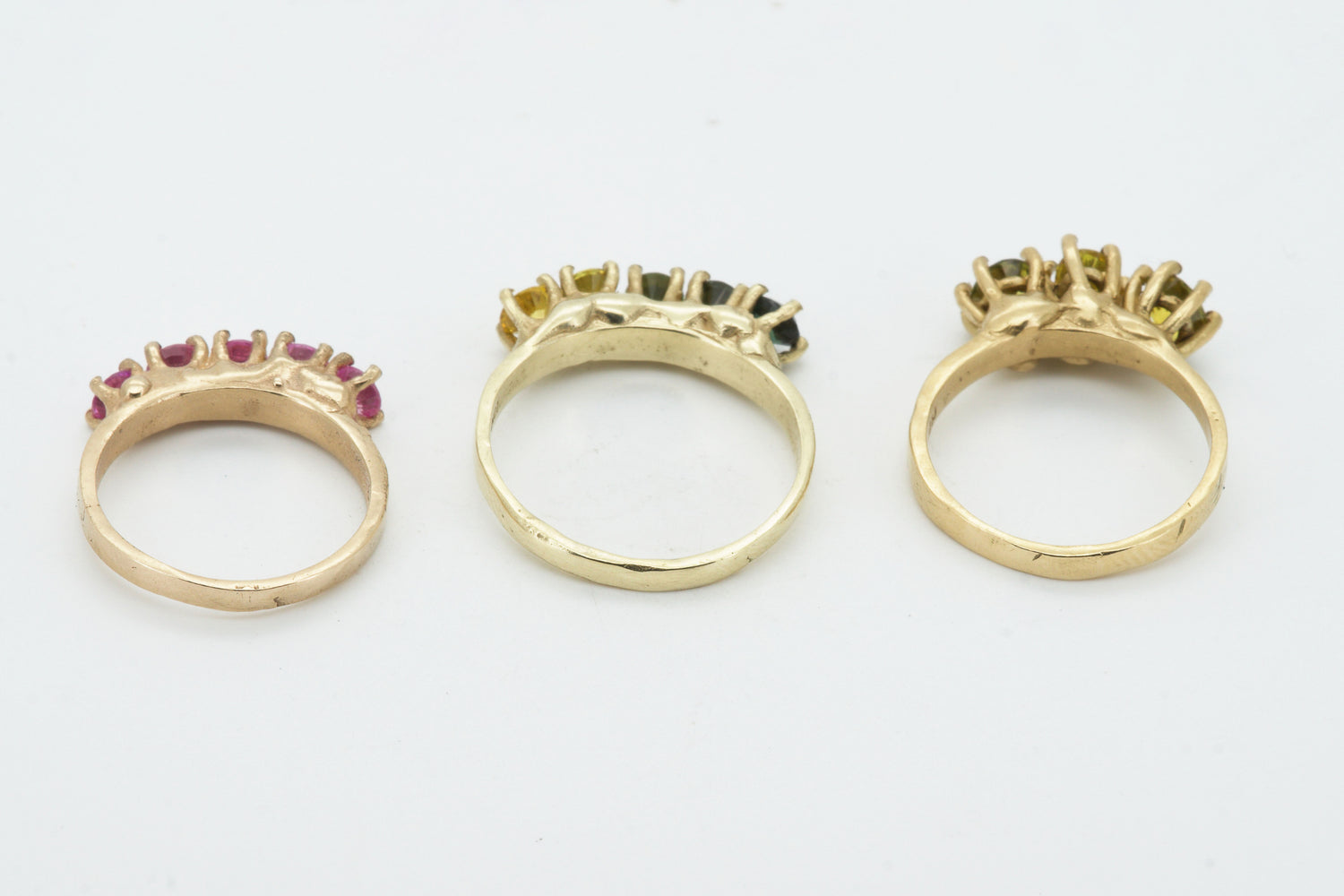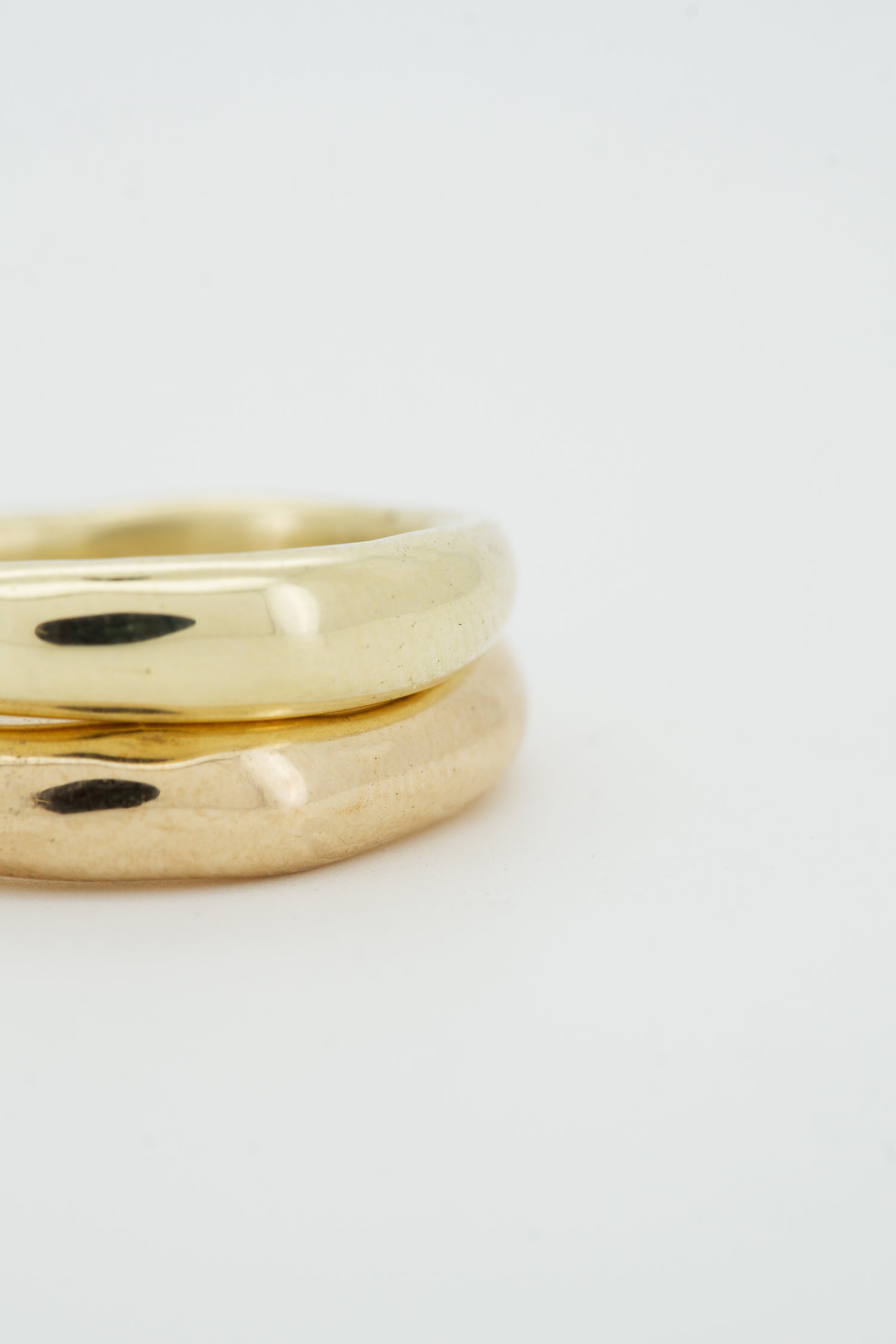Understanding 9ct, 14ct, 18ct, and 24ct Gold

From durability to colour, each gold carat brings its own character to a piece of jewellery. This guide touches on the unique qualities of 9ct, 14ct, 18ct, and 24ct gold. Whether you’re after the everyday strength of 9ct, the balanced beauty of 14ct, or the rich weight of 18ct, understanding these differences will help you choose the gold that best suits your life and the piece you’re dreaming of.

9ct Gold 375
In New Zealand, 9ct gold is by far the most popular. It contains 37.5% pure gold and 62.5% alloy metals, which makes it the hardest and most durable of the gold options. This is largely thanks to its high bronze (copper-heavy) content, which also gives it a more rose-y yellow tone. Because it’s tough and affordable, 9ct is often chosen for everyday pieces. That same high alloy content makes it more prone to tarnishing and discolouration over time, especially when exposed to moisture, chemicals, or skin oils. Still, a bit of gentle care -a mild soap and a soft cloth- goes a long way.
Note: In some countries, 9ct doesn’t meet the minimum requirement to be called gold, which often starts at 10ct. So if you’re exporting or purchasing overseas, keep this in mind.
14ct Gold 585
A personal favourite. There’s something undeniably buttery about the soft glow of 14ct gold. With its 58.5% pure gold content and 41.5% alloy metals (like copper, silver, and zinc), it strikes a beautiful balance: warm in tone without being overly yellow, strong enough for everyday wear, and more accessible than the richer 18ct option.
18ct Gold 750
Bold, honey-like, and bright, this is gold at its most traditional and luxurious- made of 75% pure gold and 25% alloy. It’s a delicious choice for chunky, statement pieces, where the richness of gold and generous weight offer the luxury of lasting wear. With that richness comes softness. 18ct is more prone to wear and scratches with daily use, so it suits someone who doesn’t mind treating their piece a little more gently.
24ct Gold 999
At 99.9% gold, 24ct is as pure as it gets. It’s rarely used in fine jewellery due to its softness- it bends, scratches, and deforms easily. While it doesn’t tarnish, it can collect dust and oils, so it needs careful handling and storage. Most often, 24ct is reserved for investment pieces, cultural jewellery, or items that don’t endure much physical wear.
By understanding the differences in composition, durability, and how each carat responds to everyday wear, you can select the gold that suits both your style and your lifestyle. With regular, thoughtful care, your piece, whether 9ct, 14ct or 18ct can carry its deliciousness for years to come.
